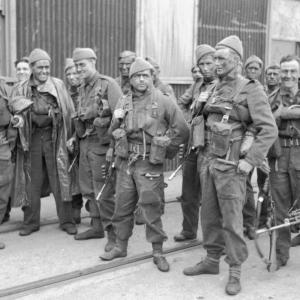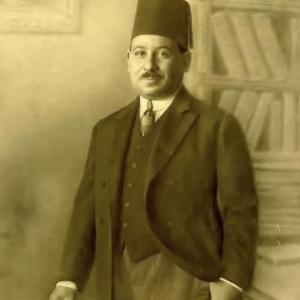
Ho Chi Minh
Ho Chi Minh, born Nguyễn Sinh Cung in 1890 in a small village in central Vietnam (then part of French Indochina), is one of the most influential figures in 20th-century Vietnamese history. He later adopted the pseudonym Ho Chi Minh, meaning “Bringer of Light.” From a young age, Ho Chi Minh was deeply affected by the oppression his country endured under French colonial rule. Motivated by nationalism and a desire to see an independent Vietnam, he embarked on a lifelong mission to free his country from foreign domination.
Ho Chi Minh traveled extensively in his youth, living and working in places such as France, the United States, and the Soviet Union. During this time, he was exposed to various political ideologies, particularly communism, which he adopted as the best framework for achieving Vietnamese independence and social justice. He was a founding member of the French Communist Party and played a crucial role in establishing the Indochinese Communist Party in 1930.
Ho Chi Minh is best known for leading the struggle for Vietnamese independence against French colonial forces. After World War II, when Japan briefly occupied Vietnam, Ho Chi Minh declared Vietnam’s independence in 1945, establishing the Democratic Republic of Vietnam. However, France attempted to reassert colonial control, sparking the First Indochina War, which lasted until 1954 and ended with the French defeat at Dien Bien Phu.
Following the Geneva Accords in 1954, Vietnam was temporarily divided into North Vietnam (controlled by Ho Chi Minh’s communist government) and South Vietnam (supported by the U.S. and anti-communist forces). Ho Chi Minh became the symbol of the North Vietnamese communist leadership and the broader goal of national reunification under communist rule.
The Viet Cong, or National Liberation Front (NLF), was established in South Vietnam in the early 1960s as a communist insurgency against the South Vietnamese government and its American allies. Though Ho Chi Minh died in 1969, he was revered as the spiritual leader and inspiration behind the Viet Cong’s fight. The Viet Cong used guerrilla warfare tactics and enjoyed significant support among rural Vietnamese who opposed the South Vietnamese government and foreign intervention.
Ho Chi Minh combined nationalism with Marxist-Leninist principles. His leadership style was characterized by humility, simplicity, and a strong connection to the Vietnamese people. He was known for living modestly and emphasizing collective effort over personal power. Ho Chi Minh’s ability to unite diverse factions within Vietnam’s independence movement was critical in maintaining a cohesive front against colonial and later imperial powers.
His ideology stressed the importance of Vietnamese self-determination, social equality, and resistance against imperialism. He framed the Vietnamese struggle as both a nationalist and a revolutionary cause, blending traditional Vietnamese values with communist doctrine to appeal broadly across social classes.
Ho Chi Minh’s impact on Vietnam and world history is profound. His leadership transformed Vietnam from a colonized territory into a unified, independent communist state after decades of conflict. The Viet Cong’s eventual victory in 1975, following the withdrawal of U.S. forces and the collapse of South Vietnam, was seen as the fulfillment of Ho Chi Minh’s vision.
Today, Ho Chi Minh is regarded as the founding father of modern Vietnam. His image and writings are widely revered, and the city formerly known as Saigon was renamed Ho Chi Minh City in his honor. However, his legacy is complex and contested. While many admire him for his dedication to Vietnamese independence and social justice, critics point to the authoritarian nature of his government and the human cost of prolonged warfare.










